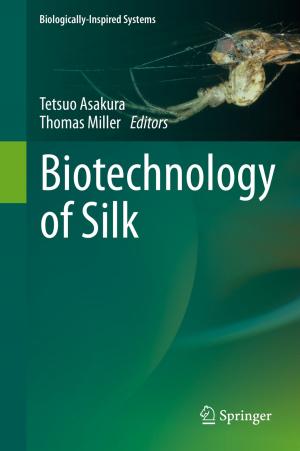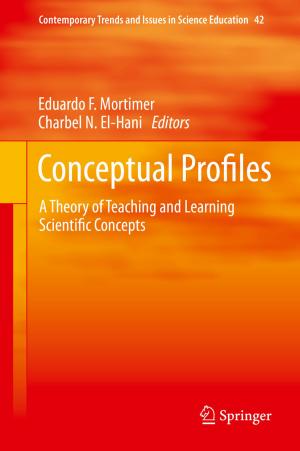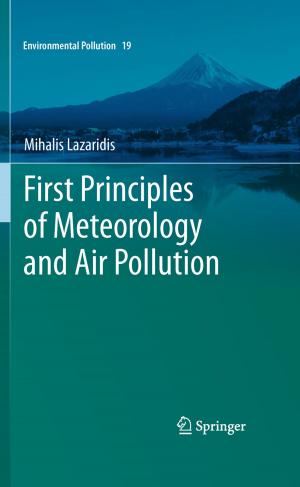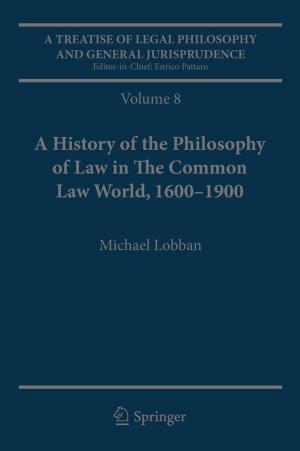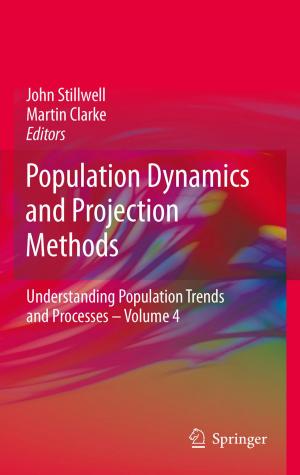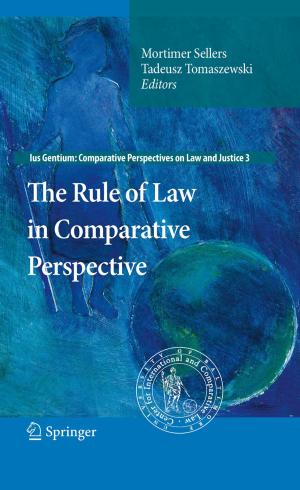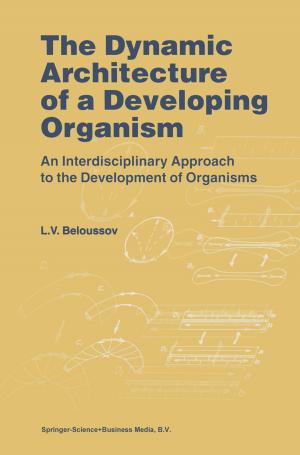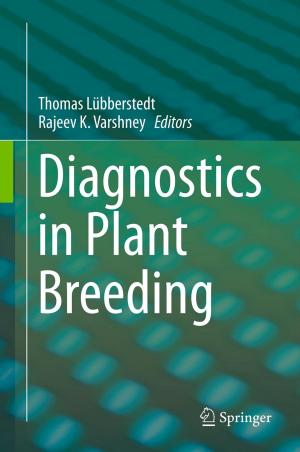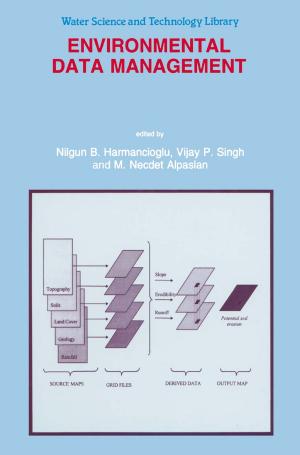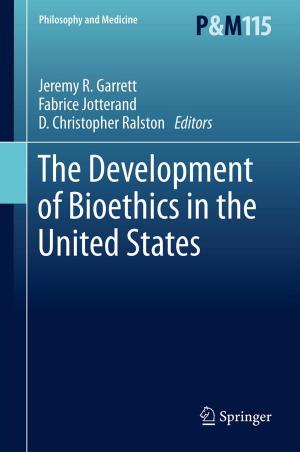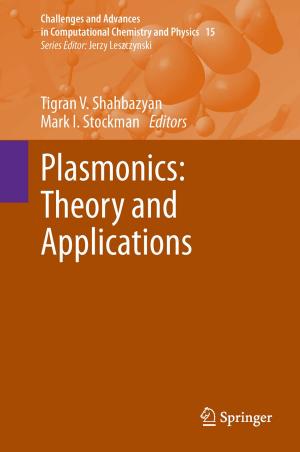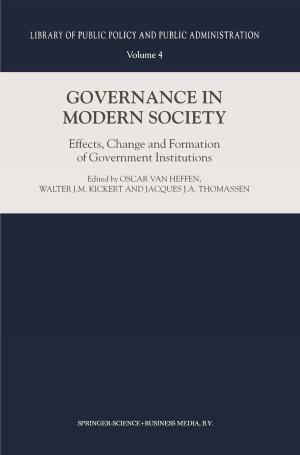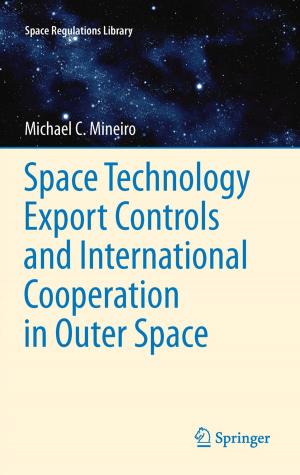From Cause to Causation
A Peircean Perspective
Nonfiction, Religion & Spirituality, Philosophy, Pragmatism, Metaphysics| Author: | M. Hulswit | ISBN: | 9789401002974 |
| Publisher: | Springer Netherlands | Publication: | December 6, 2012 |
| Imprint: | Springer | Language: | English |
| Author: | M. Hulswit |
| ISBN: | 9789401002974 |
| Publisher: | Springer Netherlands |
| Publication: | December 6, 2012 |
| Imprint: | Springer |
| Language: | English |
From Cause to Causation presents both a critical analysis of C.S. Peirce's conception of causation, and a novel approach to causation, based upon the semeiotic of Peirce.
The book begins with a review of the history of causation, and with a critical discussion of contemporary theories of the concept of `cause'. The author uncovers a number of inadequacies in the received views of causation, and discusses their historical roots. He makes a distinction between "causality", which is the relation between cause and effect, and causation, which is the production of a certain effect. He argues that, by focusing on causality, the contemporary theories fatally neglect the more fundamental problem of causation. The author successively discusses Peirce's theories of final causation, natural classes, semeiotic, and semeiotic causation. Finally, he uses Peirce's semeiotic to develop a new approach to causation, which relates causation to our experience of signs.
From Cause to Causation presents both a critical analysis of C.S. Peirce's conception of causation, and a novel approach to causation, based upon the semeiotic of Peirce.
The book begins with a review of the history of causation, and with a critical discussion of contemporary theories of the concept of `cause'. The author uncovers a number of inadequacies in the received views of causation, and discusses their historical roots. He makes a distinction between "causality", which is the relation between cause and effect, and causation, which is the production of a certain effect. He argues that, by focusing on causality, the contemporary theories fatally neglect the more fundamental problem of causation. The author successively discusses Peirce's theories of final causation, natural classes, semeiotic, and semeiotic causation. Finally, he uses Peirce's semeiotic to develop a new approach to causation, which relates causation to our experience of signs.

